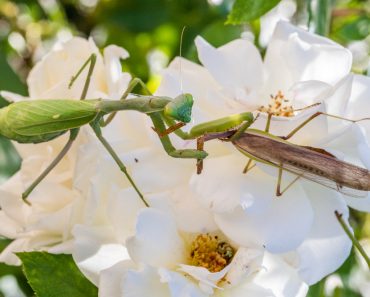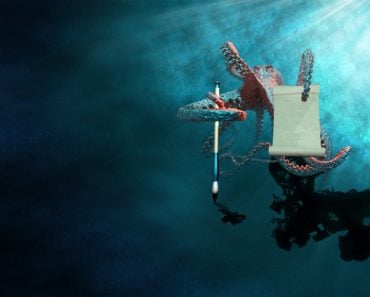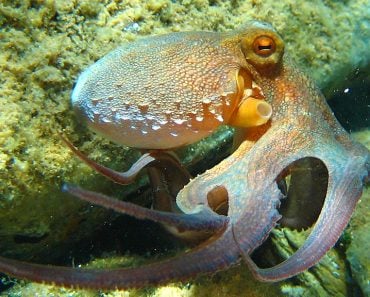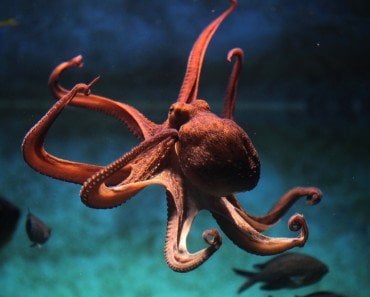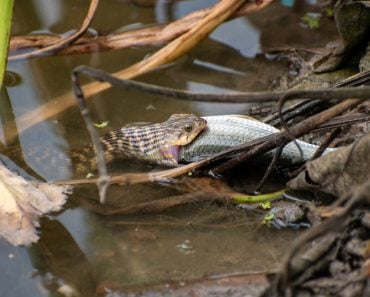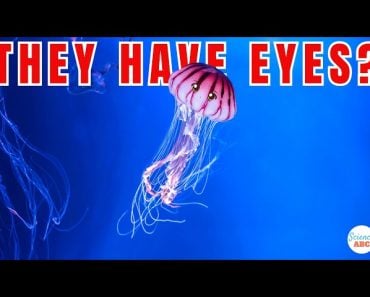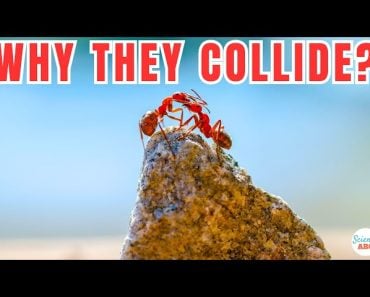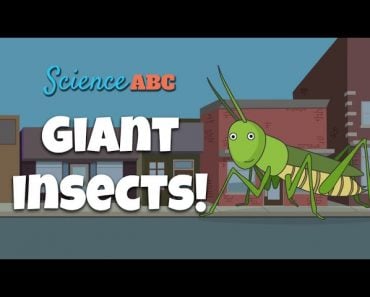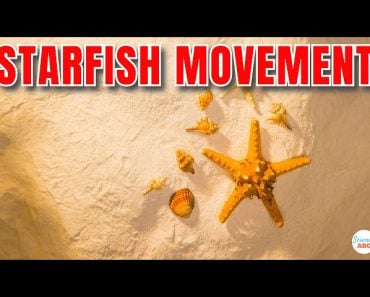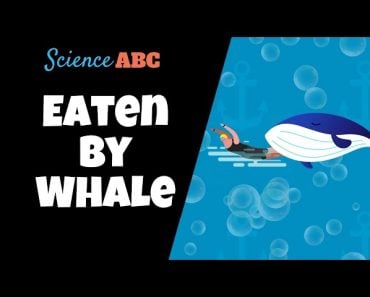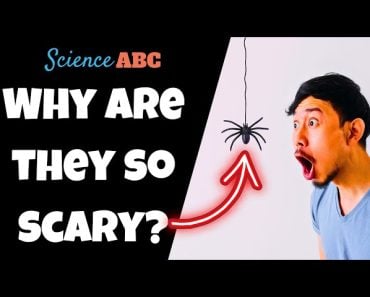Octopuses need their 8 limbs for everything from moving around to catching prey and escaping danger. So why would they begin to chew off their own limbs? Are they hungry, stressed, or infected?
An octopus isn’t just an animal with a large head and eight tentacles. It’s one of the smartest marine inhabitants of our planet. But sometimes, they go rogue, to the point where they may hurt themselves by eating their tentacles.
What’s happening here?
Recommended Video for you:
Automutilation
Automutilation is a phenomenon where an animal mutilates itself. There are two types of automutilation: autotomy and autophagy.
Autotomy occurs when an animal willfully starts to bite off or sever a particular body part. Why would an animal want to mutilate itself intentionally? If a creature finds itself trapped, or if a part of its body gets damaged, it makes the call to cut off that part of its body to avoid further infection and pain. It can save the animal’s life.
Autophagy, on the other hand, also referred to as ‘self-eating’, is a form of cannibalism. Even though autophagy is seen in quite a few marine creatures, octopuses have been observed to practice it more often than most.
Why Do Captive Octopuses Eat Their Arms?
Since scientists first noted this perplexing behavior in their captive octopuses, they tried to untangle the reason behind it.
Firstly, there’s no question of survival when the octopus is safe in an aquarium. Next, they wondered if it might have something to do with hunger. Subsequently, they resorted to feeding the octopuses more than usual, assuming that a well-fed octopus would stop harming itself, but to no avail.
What if it was the stress of being held captive that led to such morbid behavior? However, no change in the environment affected this strange behavior.
That said, scientists think that stress may contribute to the behavior.
What Triggers Automutilation
In 1998, Dr Bernd Budelmann studied 161 cases of autophagy in octopuses in his laboratory.
Of the 84 octopuses that were recorded, 74% amputated only one of their arms, 19% bit off two, and roughly 3% had caused harm to three of their arms. Post-amputation, 50 cases were studied, and all octopuses died within one to five days.
Before autophagy, these octopuses would display uncoordinated movements of their tentacles or show instability. This could be due to the disease affecting the nerve cords and leading the brain to go haywire. To shed some light on what happens, scientists tried to send the brains of these octopuses in for neuroanatomical studies. However, they could not observe anomalies in the lobes of those brains.
Additionally, the octopus did not always eat pieces of arms that were bitten off. This ruled out hunger as the cause for this behavior.
The authors suggest that the self-amputation may be due to an unknown infection that takes about one to two weeks to display symptoms in an octopus.
Captivity Accelerating Autophagy
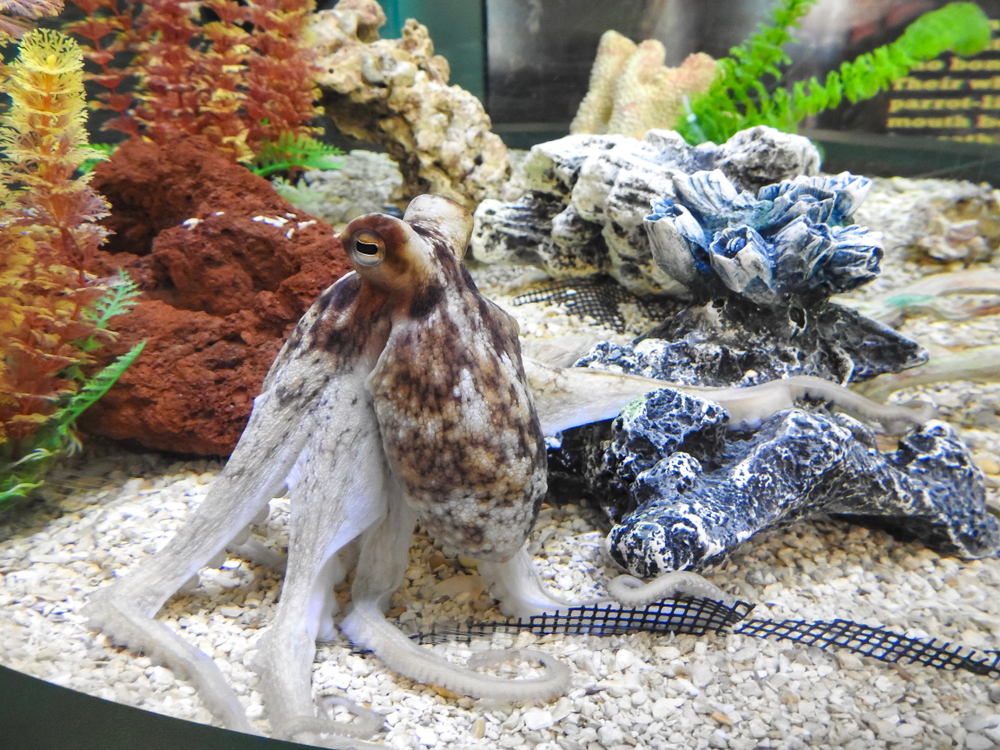
This behavior has only ever been recorded in octopuses in captivity.
Deteriorating water quality in tanks may worsen the situation and amplify their infection. The more the infection spreads, the more the octopus tries to get rid of it, and the octopus ends up as a carcass with tattered arms.
Octopuses and squids in aquacultures show higher chances of engaging in cannibalism and autophagy since the animals are kept in compact spaces.
Self-mutilation Of Female Octopuses
Female octopuses undergo hormonal changes after they mate. A gland responsible for controlling the processes of aging and sexual development was linked to the death of female octopi as soon as they lay their eggs. In females that had mated, the optic gland secreted more sex hormones and cholesterol precursors.
These changes in the hormones set off a ‘self-destruct’ reaction. The female octopus doesn’t eat and stays near the eggs to protect them from any predators. There are also reported instances of the female eating her tentacles and other destructive behaviors. Eventually, the female octopus dies.
When the researchers removed the optic gland from female octopuses, the octopuses lived longer and without further incidents of cannibalism.
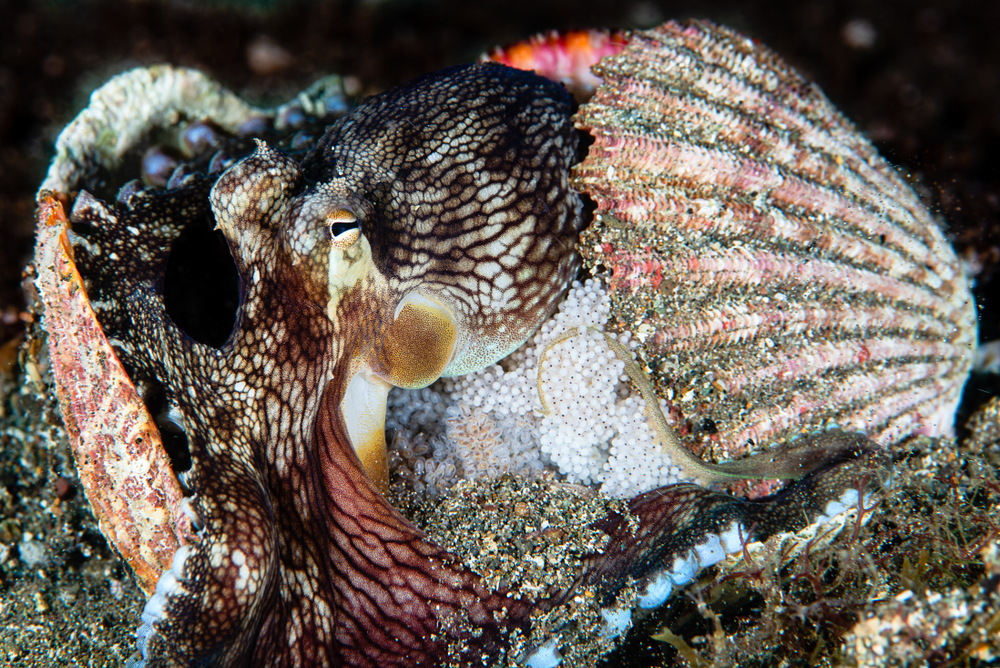
Closing Thoughts
Self-injury might sound very bizarre, but the fact that female octopuses employ it to protect their offspring from mortality at a young age is quite impressive.
Studying why an organism would cause itself injury can also help us understand the importance of a natural ecosystem. Stress, one of the strongest reasons why octopuses bite off their arms, can be triggered much more easily in those who live in captivity. This shows that removing an animal from its natural habitat can deeply and dangerously alter its state of mind.
References (click to expand)
- Octopus vulgaris (Common octopus) - fair-fish database/farm. fishethobase.net
- Kier, W. M. (2016, February 18). The Musculature of Coleoid Cephalopod Arms and Tentacles. Frontiers in Cell and Developmental Biology. Frontiers Media SA.
- Maginnis, T. L. (2006, June 19). The costs of autotomy and regeneration in animals: a review and framework for future research. Behavioral Ecology. Oxford University Press (OUP).
- Anderson, R. C., Wood, J. B., & Byrne, R. A. (2002, October). Octopus Senescence: The Beginning of the End. Journal of Applied Animal Welfare Science. Informa UK Limited.
- Budelmann, B. U. (1998, December). Autophagy inOctopus. South African Journal of Marine Science. National Inquiry Services Center (NISC).
- Wang, Z. Y., Pergande, M. R., Ragsdale, C. W., & Cologna, S. M. (2022, June). Steroid hormones of the octopus self-destruct system. Current Biology. Elsevier BV.

